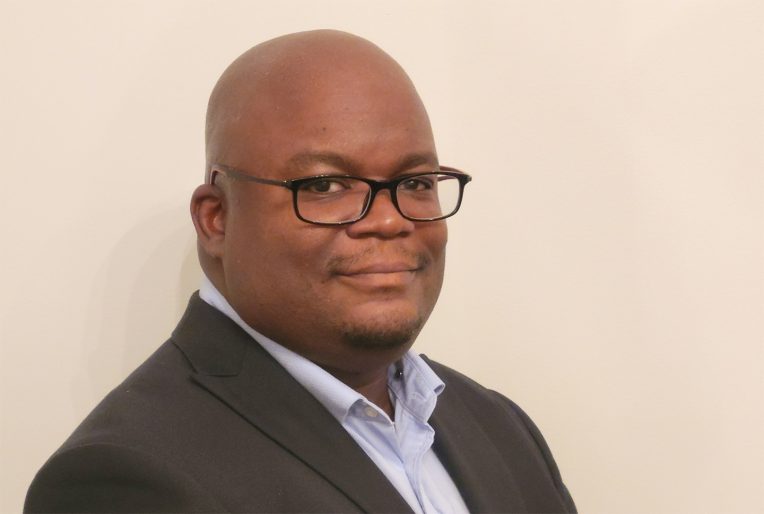A new book by Dr. Charles Bell explores the cycle of fighting and punishment in public schools.
Suspended: Punishment, Violence, and the Failure of School Safety (Johns Hopkins Press) looks to the culture of punishment and victimization created through decades of excessive disciplinary policies in K-12 schools. “Children may be coming from homelessness, a lack of food or clean clothes. They may be dealing with trauma,” said Bell, who conducted more than 150 interviews with students, parents, and educators for the book. “Still, they come to school with high aspirations, only to realize the school doesn’t have resources, books, pens. They feel their voices are silenced, and school officials criminalize them. It can trigger displaced aggression.”
An assistant professor of criminal justice sciences at Illinois State University, Bell has been studying school suspensions in K-12 schools for years, from the perception of Black students and their parents, and educators. “Punishment is meant to be a disciplinary tool that makes schools safer, but aggressive use of suspensions does the opposite,” said Bell, adding he finds the system of punishment particularly harmful for Black students and their families.
In the United States, Black students face suspension in disproportionate numbers. According to Bell, while Black students are 15 percent of the population in K-12 schools, 38 percent have received at least one out-of-school suspension. “Many of the students told me they were scared in public schools because safety measures, guards, and officers did not protect them on school grounds,” said Bell, adding that fear fuels a code of violence. “Students described how metal detectors were often out of service and guards failed to deescalate fights, which convinced students that they had no choice but to take matters into their own hands.”
Students discovered fighting back or defending themselves in physical altercations earned them respect, popularity, toughness, and offered some protection in the absence of reliable safety measures. Bell noted the respect they earned was short-lived, which necessitated continuously showing toughness or risking being attacked. “They’re receiving suspensions for defending themselves, but many of the students are trapped in a lose-lose situation,” said Bell. “If they walk away and tell a school official, they will be viewed as weak, which invites further victimization. If they defend themselves, they receive a suspension, which can harm their grades, mental health, and parents’ employment.” Bell added that throughout the interviews, he perceived school officials did not understand the students’ dilemma. In addition to fights between students, Bell devotes an entire chapter in the book to educator-targeted violence.
Suspended centers the discussion in urban and suburban schools of Detroit, Michigan. Though he has also conducted research in Illinois, Bell chose to focus the book on the Detroit area, noting the connection between poverty and environmental racism can be seen in cities across the U.S. “It’s important to have the narrative told by people who have experienced what has happened, and is still happening,” he said.
“Schools are a microcosm of our society and the criminal justice system.”
Dr. Charles Bell
Bell links the overuse of school suspensions to a school-to-prison pipeline. “Suspensions harm students in many different ways,” he said. “They impact the student’s ability to learn, isolate them, and may trap them in situations they are working to escape.” He found parents of students under repeated school suspensions, often issued for minor offenses or due to a misinterpretation of their behavior, lost their jobs because they were compelled to leave work. “There is an overarching structural violence inside urban and suburban schools that denies Black families access to resources and then issues sanctions,” said Bell.
During his interviews, Bell spoke with young teens who were suspended illegally for as much as 30-40 days. “We would never allow someone to appear in court without representation or be arrested without being informed of their rights,” he said. “Yet for some reason, when a student is suspended, it can be a 13-year-old child with no advocate, with no idea of their rights, facing teachers, principals, and administrators.” Bell hopes the book adds to calls for an inclusive national dialogue on school punishment and safety reform. “Schools are a microcosm of our society and the criminal justice system,” said Bell.
Suspended: Punishment, Violence, and the Failure of School Safety will be available October 19.


